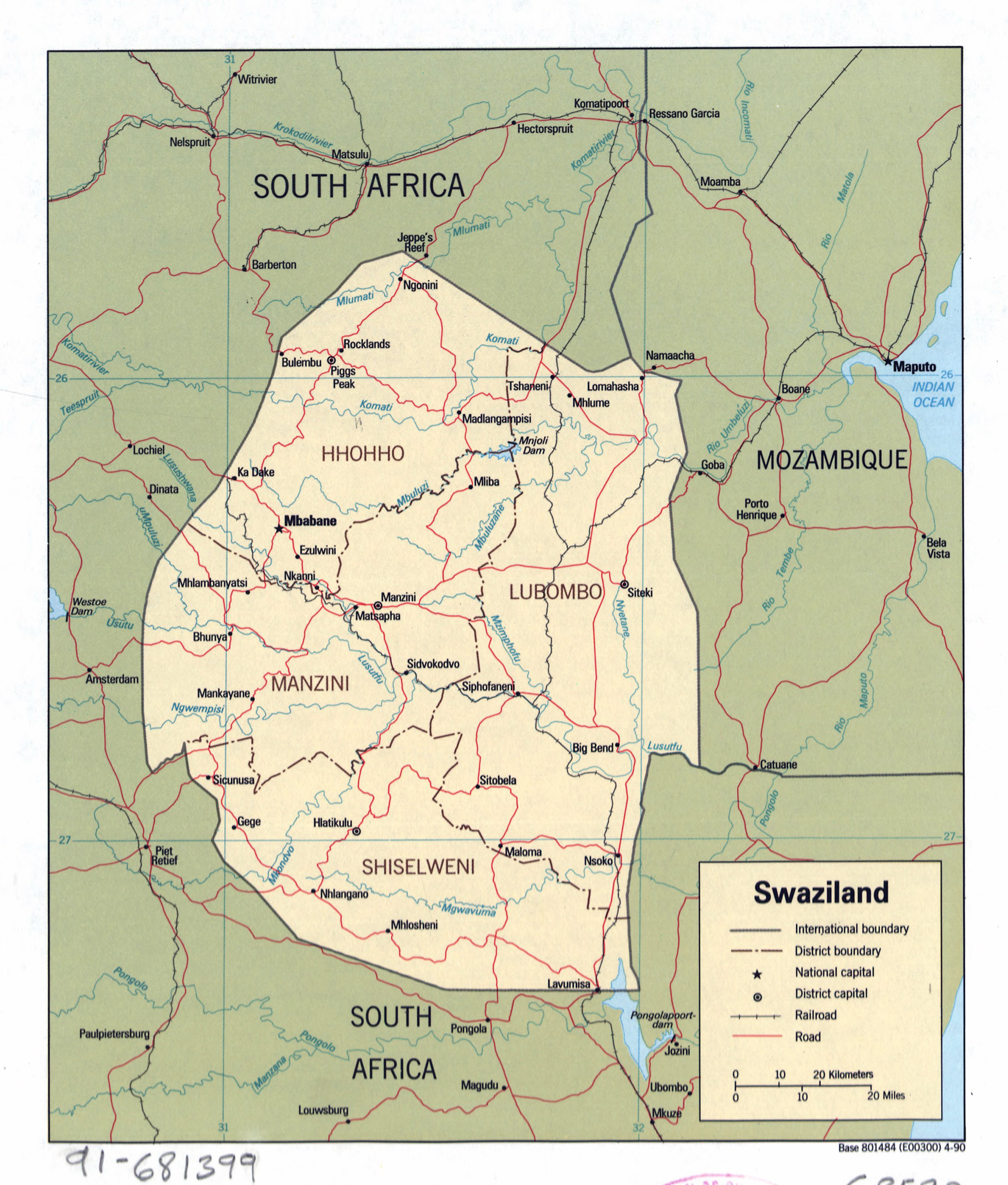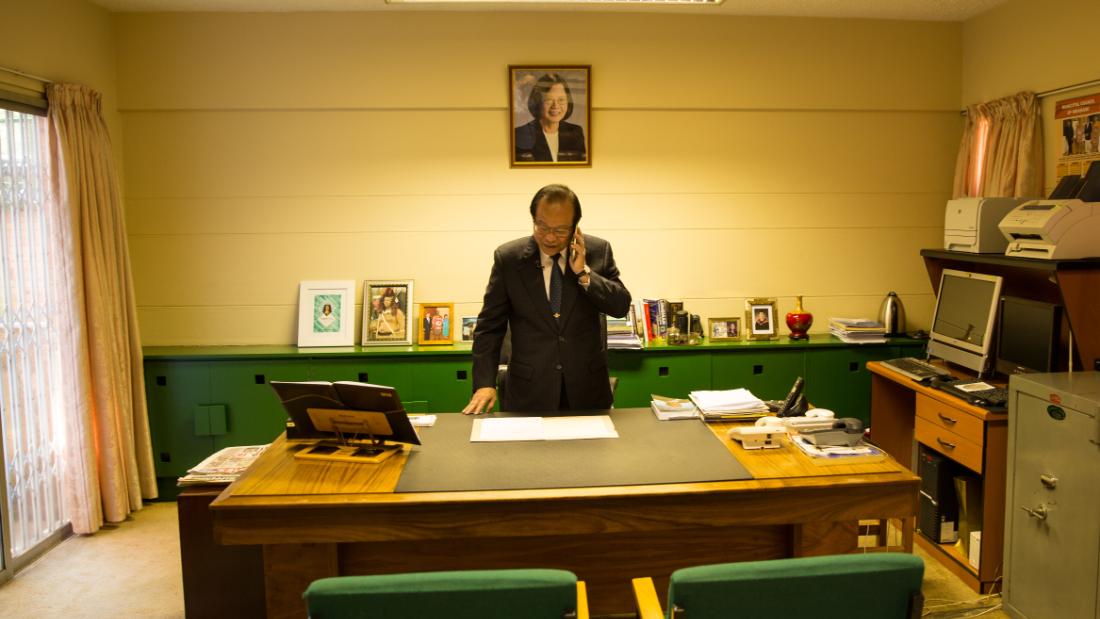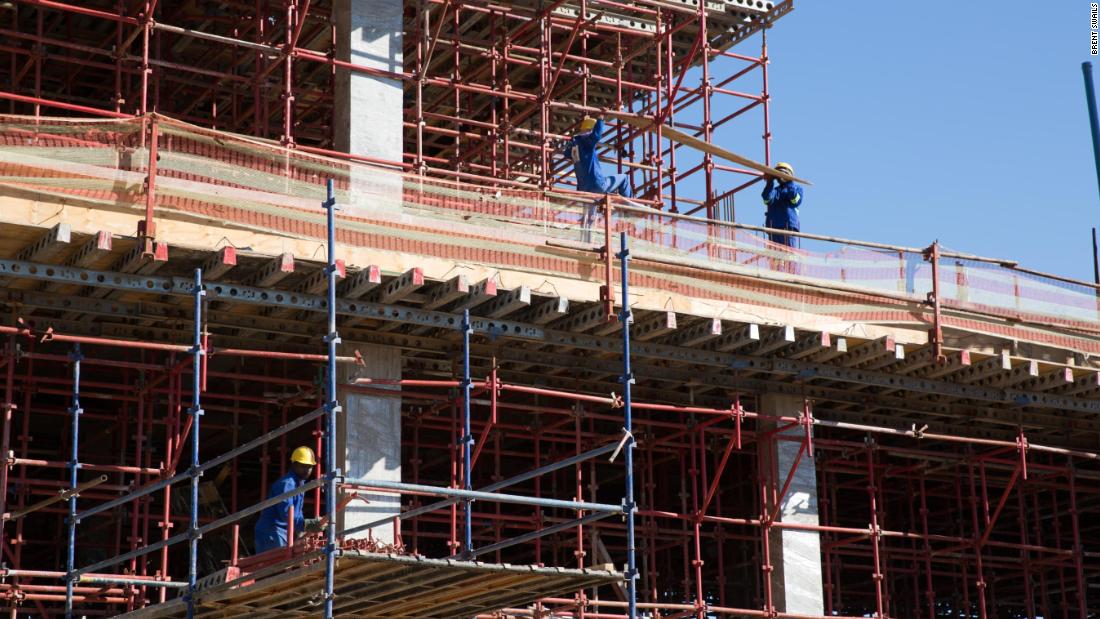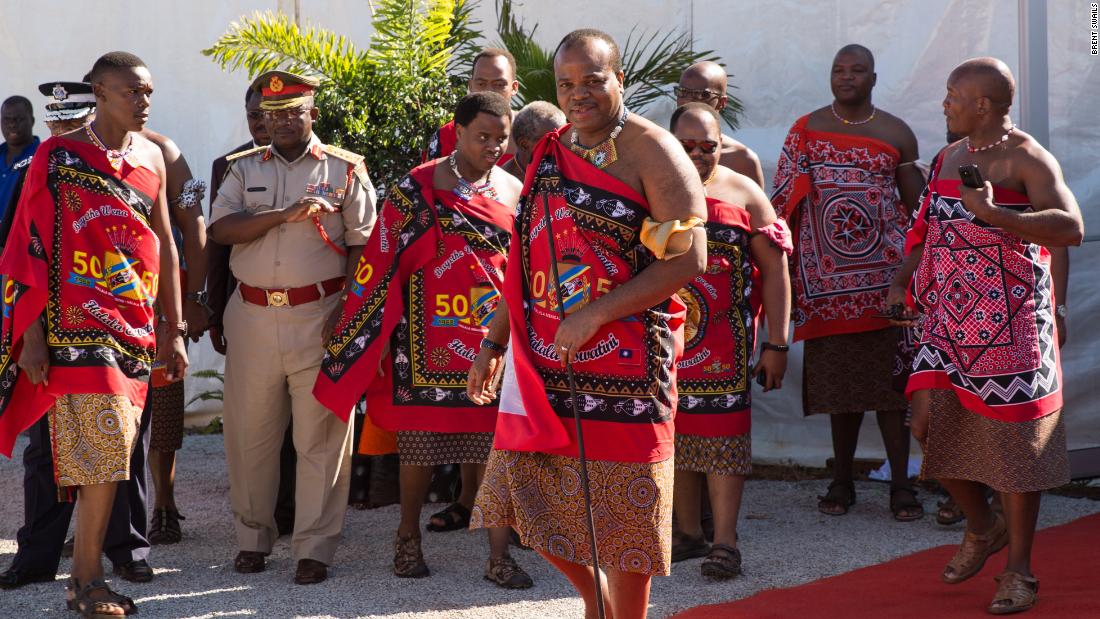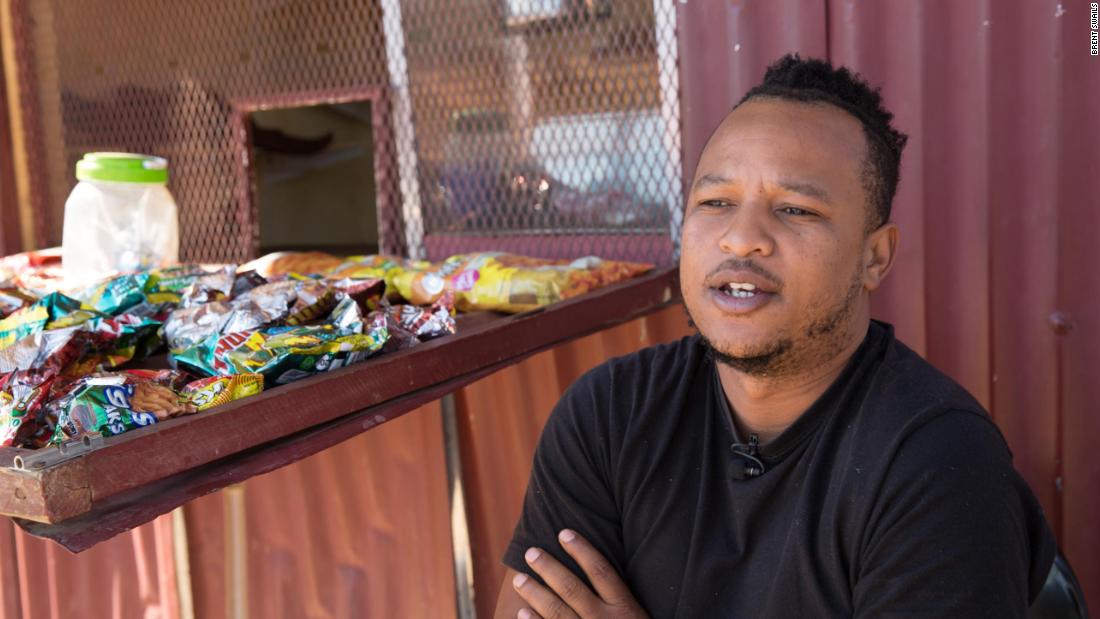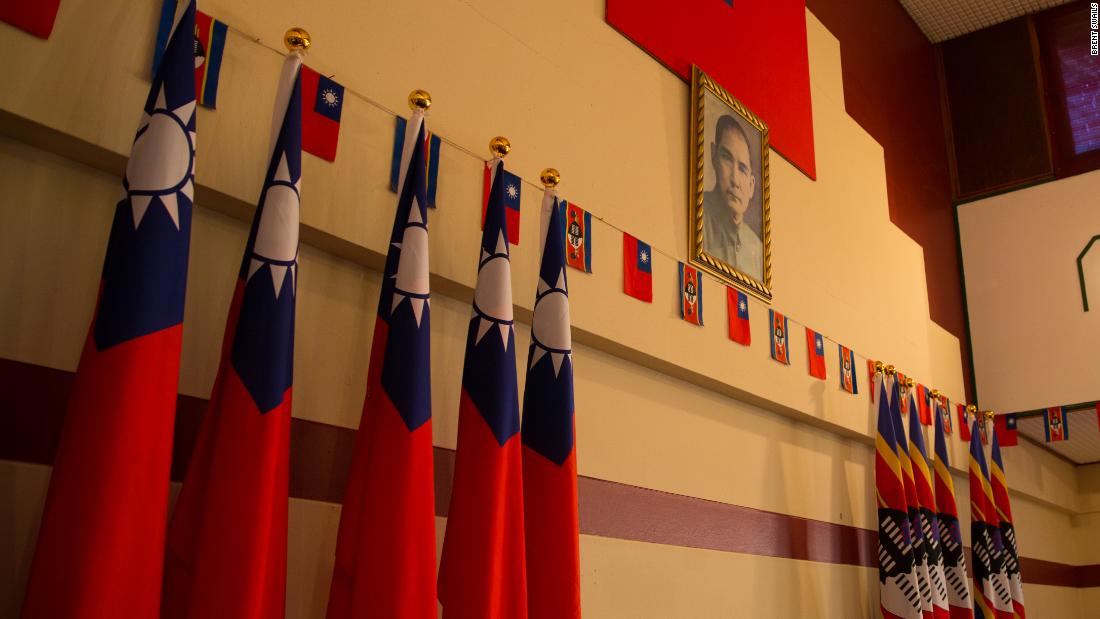Taiwan's last African ally tells China 'no desire' to switch ties
By Christian Shepherd, Lunga MasukuBEIJING/MBABANE -- Taiwan’s last diplomatic ally in Africa, the Kingdom of eSwatini, said on Wednesday it had no intention of switching ties to China, after a Chinese diplomat said he expected it to ditch Taipei soon amid a bitter diplomatic dispute.
Taiwan, which China claims as a wayward province with no right to state-to-state relations, now has formal ties with only 17 countries, almost all small, less developed nations in Central America and the Pacific, like Belize and Nauru.
It lost its latest ally, El Salvador, on Tuesday, the third country to fall to China this year.
Taiwan President Tsai Ing-wen has vowed to fight China’s “increasingly out of control” behavior after the move.
Ahead of a summit next month between China and African leaders in Beijing, China has been upping the pressure on Taiwan’s last remaining ally on the continent, eSwatini, formerly known as Swaziland, to come over to China’s side, diplomatic sources say.
Briefing reporters in Beijing about the summit, Chinese Assistant Foreign Minister Chen Xiaodong said eSwatini did not have relations with China “for reasons that everyone knows”.
“We look forward to and hope that all African nations, with none left behind, can take part in positive China-Africa cooperation, and become a member of the largest family get together,” Chen said.
“I believe that this is not just the pursuit of China, it is also a widespread shared expectation of African nations. I believe that this target can, in the not too distant future, be realized,” he added, without elaborating.
However, eSwatini Foreign Affairs Minister Mgwagwa Gamedze told Reuters from Taiwan, where he is visiting, that his country was not interested in forging relations with China.
“They must not play mind games because our relationship with Taiwan is over 50 years so we will not dump them,” Mgwagwa said.
“We have no desire to change camps since Taiwan has been good to us.”
The minister said his trip to Taiwan was a sign that the kingdom was staying put with Taiwan and they would not sacrifice their relationship for anything.
Taiwan’s foreign ministry referred Reuters to a comment from Foreign Minister Joseph Wu on Tuesday, when he said ties with eSwatini were “extremely firm”.
China’s hostility to Taiwan has grown since Tsai’s election as Beijing fears she wishes to push for the island’s formal independence, a red line for China.
She says she wants to maintain the status quo but will defend Taiwan’s democracy.
Ahead of a summit next month between China and African leaders in Beijing, China has been upping the pressure on Taiwan’s last remaining ally on the continent, eSwatini, formerly known as Swaziland, to come over to China’s side, diplomatic sources say.
Briefing reporters in Beijing about the summit, Chinese Assistant Foreign Minister Chen Xiaodong said eSwatini did not have relations with China “for reasons that everyone knows”.
“We look forward to and hope that all African nations, with none left behind, can take part in positive China-Africa cooperation, and become a member of the largest family get together,” Chen said.
“I believe that this is not just the pursuit of China, it is also a widespread shared expectation of African nations. I believe that this target can, in the not too distant future, be realized,” he added, without elaborating.
However, eSwatini Foreign Affairs Minister Mgwagwa Gamedze told Reuters from Taiwan, where he is visiting, that his country was not interested in forging relations with China.
“They must not play mind games because our relationship with Taiwan is over 50 years so we will not dump them,” Mgwagwa said.
“We have no desire to change camps since Taiwan has been good to us.”
The minister said his trip to Taiwan was a sign that the kingdom was staying put with Taiwan and they would not sacrifice their relationship for anything.
Taiwan’s foreign ministry referred Reuters to a comment from Foreign Minister Joseph Wu on Tuesday, when he said ties with eSwatini were “extremely firm”.
‘PRESSURE WON’T STOP’
Tsai came under opposition criticism on Wednesday amid calls for a more friendly policy toward Beijing.
Tsai said China was exerting pressure on the island in an attempt to influence its politics, including local elections in late November.
“We have to make mental preparations,” Tsai said in a statement.
“China’s pressure toward Taiwan will not stop ahead of the elections.”
Taipei has accused Beijing of offering generous aid and loan packages to lure its allies away.

Tsai came under opposition criticism on Wednesday amid calls for a more friendly policy toward Beijing.
Tsai said China was exerting pressure on the island in an attempt to influence its politics, including local elections in late November.
“We have to make mental preparations,” Tsai said in a statement.
“China’s pressure toward Taiwan will not stop ahead of the elections.”
Taipei has accused Beijing of offering generous aid and loan packages to lure its allies away.
President Tsai Ing-wen speaks to the media, after El Salvador ended diplomatic relations with Taiwan, in Taipei, Taiwan August 21, 2018.
China’s hostility to Taiwan has grown since Tsai’s election as Beijing fears she wishes to push for the island’s formal independence, a red line for China.
She says she wants to maintain the status quo but will defend Taiwan’s democracy.
